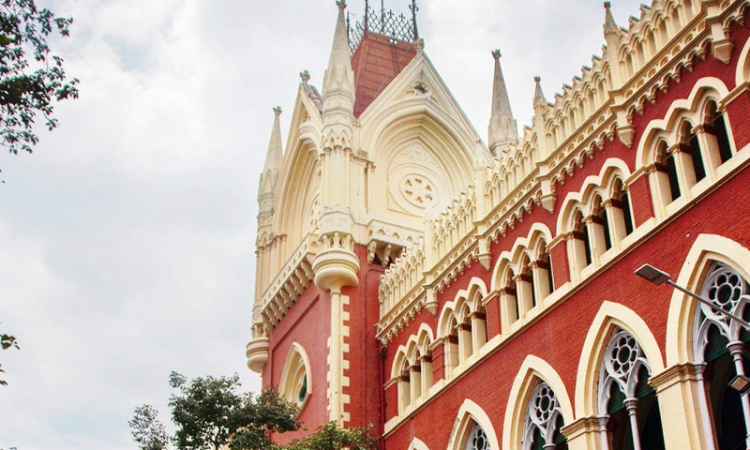Calcutta High Court Acquits Man Convicted 34 Years Ago By Trial Court For Allegedly Abetting Wife's Suicide
Sparsh Upadhyay
1 Oct 2022 4:18 PM IST

Next Story
1 Oct 2022 4:18 PM IST
The Calcutta High Court on Friday acquitted a man convicted by the trial court of abetting the suicide of his wife 36 years ago by inflicting cruelty upon her. The Court found that the prosecution had failed to prove the charge beyond all reasonable doubt before the Trial Court.The bench of Justice Shampa Dutt (Paul) also found fault with the findings of the Trial Judge who had given...
